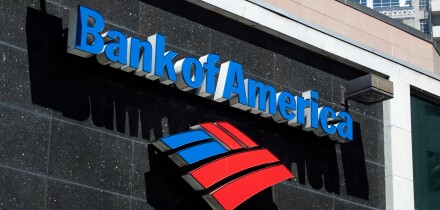Gavan Nolan, IHS Markit
This is a significant development and reflects the negative sentiment surrounding the German bank. But the movements in subordinated, rather than senior credit default swaps are probably more indicative of the wider malaise affecting European banks.
The Markit iTraxx Subordinated Financials index hit 247bp on Thursday, 60bp wider than levels earlier this month. The index is trading at a multiple of 2.43 to its senior sibling. It has only surpassed this multiple three times since the introduction of the latest ISDA definitions in October 2014. The first was in the days following the change in definitions, the second was in February of this year and the third on the day after the Brexit vote.
With the exception of Brexit, all of the previous circumstances occurred when the spectre of bail-ins was stalking the market and junior segments of the capital structure were perceived to be at risk.
Banco Espírito Santo defaulted in August 2014, leaving subordinated bond holders wary of further cases of government involvement. In February of this year Deutsche Bank’s CoCo bonds were rumoured to be close to triggering, and the same speculation helped push subordinated spreads to their current elevated levels.
The underperformance of subordinated CDS is partly due to their treatment under the 2014 definitions. If a restructuring or governmental intervention credit event occurs on subordinated CDS, it won’t also trigger senior CDS.
This is different to the 2003 definitions, where both senior and subordinated would trigger. So if subordinated debt was bailed-in due to government intervention, under 2014 definitions buyers of senior protection would remain intact.
Reports of the German government aiding Deutsche have been strongly denied by the bank and the Merkel administration, though much will depend on the eventual size of the fine from the US Department of Justice.
But Deutsche isn’t the only bank that has been linked with state aid. Monte dei Paschi de Siena (MPS) is in a far more delicate position, a fact that is evident in the bank’s subordinated spreads. The five year traded at 39 points upfront, a considerable increase from the already distressed level of 20 points earlier this month.
The latest suggestion is that MPS will propose a voluntary debt-for-equity swap. This would be unlikely to trigger CDS, as it is voluntary. But the sharp widening in spreads indicates that the market is doubtful that bondholders would participate, and a restructuring might only be achievable with coercion.






